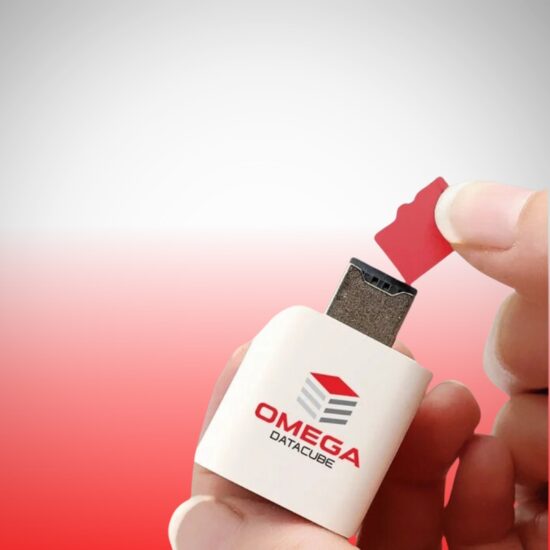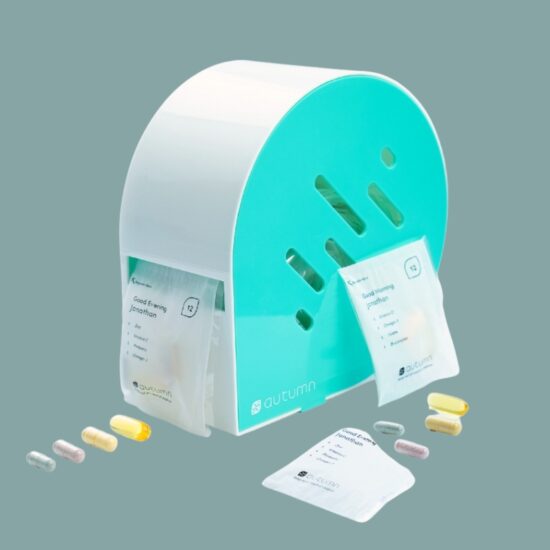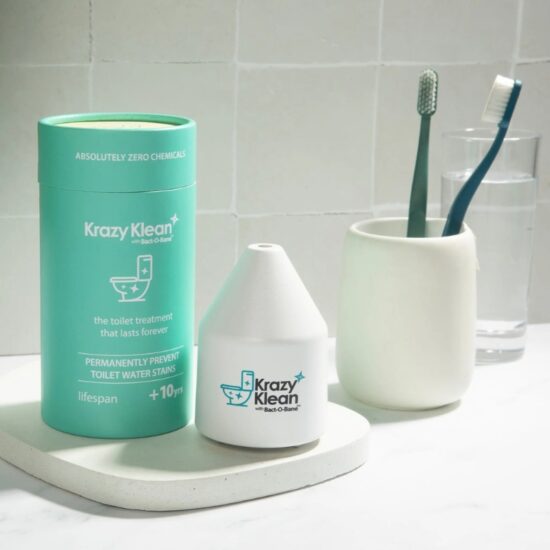Revitalize your mornings with TikTok's Ice Water Hangover Cure! This innovative remedy harnesses the power of the mammalian diving reflex to alleviate hangover symptoms quickly. Simply submerge your face in icy water to reduce nausea and anxiety, allowing your body to recover faster. Ideal for party-goers and social butterflies, this unique solution offers a refreshing way to bounce back after a night of fun. Say goodbye to sluggish Sundays and hello to a revitalized you! Choose TikTok's Ice Water Hangover Cure for a quick, effective, and natural way to reclaim your day. Don’t let hangovers hold you back!
Description
TikTok is no stranger to health trends, but few have gained as much attention—and sparked as much debate—as the ice water hangover cure. In videos with millions of views, creators demonstrate plunging their faces into bowls filled with ice cubes and cold water, claiming that the practice instantly relieves headaches, nausea, and fatigue after a night of drinking.
The trend is dramatic, relatable, and easy to replicate, which is why it has gone viral. But does science back up this icy ritual, or is it just another flashy TikTok fad? This article explores the physiology behind hangovers, the mammalian diving reflex that this hack relies on, and expert opinions on whether it truly works.
The Viral Nature of TikTok Wellness Hacks
Social media has transformed the way people experiment with health advice. TikTok, in particular, thrives on short-form, eye-catching content. The ice water hangover hack is a perfect example: it’s visually striking, cheap to try, and promises instant results.
Unlike some health fads that require supplements or expensive equipment, this one needs nothing more than a sink, some ice cubes, and courage. The hack also ties into the platform’s biohacking movement, where creators experiment with unconventional techniques to optimize mental and physical performance.
What makes this trend compelling is that it isn’t entirely baseless. Unlike “miracle detox drinks” or unproven cleanses, there’s legitimate biology at play here, particularly a fascinating mechanism called the mammalian diving reflex.
Hangovers: A Complex Biological Puzzle
Before judging whether ice water immersion is effective, it’s important to understand why hangovers are so challenging to cure. Alcohol affects nearly every system in the body, and its aftereffects last long after your blood alcohol concentration returns to zero.
Key Causes of Hangover Symptoms
- Dehydration
Alcohol suppresses vasopressin, a hormone that regulates fluid retention. As a result, you urinate more and become dehydrated, leading to headaches, dry mouth, and dizziness. - Electrolyte Loss
Along with water, alcohol consumption depletes key minerals like sodium and potassium, further disrupting your body’s balance. - Acetaldehyde Toxicity
When your liver metabolizes alcohol, it first converts it to acetaldehyde—a compound more toxic than ethanol. Although your body eventually breaks it down, the buildup contributes to nausea and malaise. - Inflammatory Response
Alcohol triggers the release of cytokines, leading to inflammation, aches, and overall fatigue. - Blood Sugar Disruption
Alcohol interferes with glucose production, which can cause weakness, irritability, and brain fog. - Sleep Disturbances
Even if you get a full night’s sleep, alcohol disrupts deep and REM sleep, leaving you feeling unrested.
Because so many systems are affected at once, there is no universal “hangover cure.” Remedies focus on managing symptoms, rehydrating, and allowing the body to recover naturally.
The Science Behind the Ice Water Dunk
The foundation of this TikTok trend is the mammalian diving reflex, a physiological response triggered when cold water comes into contact with your face. This reflex is an evolutionary adaptation designed to help mammals conserve oxygen when submerged underwater.
What Happens in the Body
- Heart Rate Slows (Bradycardia): The body reduces heart rate to save oxygen.
- Peripheral Vasoconstriction: Blood flow is redirected away from extremities and toward vital organs.
- Vagus Nerve Stimulation: The cold activates the vagus nerve, shifting the body into a parasympathetic (calming) state.
This rapid activation of the parasympathetic nervous system can calm anxiety, slow breathing, and ease nausea, which explains why many TikTokers feel immediate relief.
Cold Exposure in Wellness and Sports
Though TikTok has popularized this practice as a hangover hack, cold exposure is not new. Ancient cultures practiced cold plunges for resilience and health, and today athletes use ice baths to reduce soreness and speed recovery.
Benefits of Cold Therapy Backed by Science
- Reduced Inflammation: Cold exposure lowers inflammatory markers in the body.
- Improved Circulation: Alternating between heat and cold improves blood vessel flexibility.
- Increased Alertness: Cold water triggers norepinephrine release, boosting focus.
- Mood Enhancement: Exposure to cold can stimulate dopamine, leading to improved mood.
The TikTok trend is essentially a simplified version of these practices—targeting only the face rather than the entire body—but it draws from the same physiological principles.
Why the Hack Feels Good
The icy plunge can make you feel like you’ve “reset” your system, even if it hasn’t addressed all the biological causes of your hangover. Here’s why:
- Adrenaline Surge: The shock of cold water triggers an adrenaline rush, making you feel alert.
- Nervous System Reset: Activating the parasympathetic nervous system slows your heart rate and calms jitters.
- Psychological Impact: The ritual itself gives a sense of control, which can be comforting when feeling ill.
This explains why many users report feeling significantly better—even if the relief is temporary.
Expert Opinions: Caution and Context
Medical experts are quick to point out that while this hack may provide short-term relief, it does not address dehydration, electrolyte imbalance, or inflammation.
- Safe for Most Healthy People: There’s little harm in trying this, provided you don’t have underlying heart or respiratory conditions.
- Not a True Cure: Doctors emphasize that cold water won’t speed up alcohol metabolism or “flush toxins.”
- Potential Risks: Those with heart problems, high blood pressure, or certain respiratory issues should avoid sudden cold exposure.
The consensus: ice water immersion is a helpful complement to recovery but not a standalone treatment.
Comparing Ice Water Dunking to Proven Remedies
To put this trend into perspective, let’s compare it to scientifically supported hangover recovery methods:
| Remedy | Primary Benefit | Effectiveness |
|---|---|---|
| Hydration & Electrolytes | Restores fluid balance, relieves headaches | Very High |
| Nutritious Meal | Stabilizes blood sugar, replenishes nutrients | High |
| Adequate Rest | Repairs cognitive and physical function | Very High |
| NSAIDs (Ibuprofen) | Reduces headache and inflammation | Moderate |
| Caffeine (in moderation) | Improves alertness | Low-Moderate |
| Ice Water Dunk | Calms anxiety, increases alertness | Low-Moderate |
The chart shows that while this hack delivers a refreshing boost, hydration and nutrition remain the cornerstone of hangover recovery.
The Psychology of Quick Fixes
Part of this trend’s appeal is psychological. TikTok thrives on relatable problems with simple solutions, and hangovers are a perfect example. The dramatic act of plunging into ice water provides a visible transformation that users can share online, making it feel both personal and communal.
This ritual also taps into the human tendency to seek immediate relief. While science-backed methods like hydration take time, the ice water dunk provides instant sensory feedback, which feels satisfying—even if the relief is temporary.
How to Try the Ice Water Hack Safely
If you’re curious about testing this viral sensation, follow these steps:
- Use Clean Water: Ensure your sink or bowl is sanitized.
- Add Enough Ice: Water should be cold but not unbearably painful.
- Limit Dunks: Submerge your face for 10–15 seconds at a time.
- Repeat Sparingly: Two or three dunks are enough.
- Listen to Your Body: Stop immediately if you feel faint or dizzy.
- Combine with Basics: Use this as part of a broader recovery strategy, not a replacement.
Prevention Is Still the Best Cure
Ultimately, no TikTok hack can fully undo a night of heavy drinking. Prevention remains the most effective strategy:
- Eat a balanced meal before drinking.
- Alternate alcohol with water.
- Avoid sugary mixers and dark liquors with high congener content.
- Know your limits and pace your consumption.
These steps won’t eliminate hangovers completely, but they significantly reduce their severity.
The Future of Hangover Science
Researchers continue to explore supplements and treatments that may one day offer true hangover relief:
- Dihydromyricetin (DHM): A natural flavonoid being studied for its ability to reduce alcohol’s effects on the brain.
- Probiotics and Gut Health: Evidence suggests gut bacteria may influence alcohol tolerance.
- IV Therapy: Hydration drips with electrolytes and vitamins are popular but unnecessary for mild hangovers.
Until science finds a cure, hydration, nutrition, and rest remain your best recovery allies.
Conclusion: A Refreshing Ritual, Not a Miracle Cure
TikTok’s ice water hangover hack is a fascinating mix of social media theatrics and genuine science. The mammalian diving reflex explains why it feels calming and invigorating, but it’s not a magic solution. At best, it’s a safe and inexpensive way to feel a little better while your body naturally metabolizes alcohol and restores balance.
In a world where viral wellness hacks often lack any scientific foundation, this one stands out for its biological credibility and accessibility. So, if you’re willing to brave a few seconds of icy discomfort, you might find temporary relief. Just don’t skip the water, electrolytes, and rest your body truly needs.




